
What other ethical questions exist, and what the future holds.

What other ethical questions exist, and what the future holds.
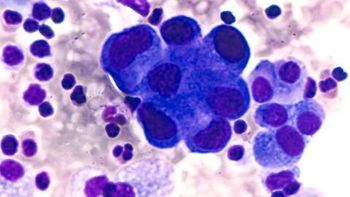
DECT and electron density offers more accurate differentiation between metastatic and non-metastatic lymph nodes when compared to FDG PET/CT.

Are radiologists approaching AI ethically, and what challenges exist.

Nina Kottler, M.D., chief medical officer of AI at Radiology Partners, discusses, during RSNA 2020, what new developments the annual meeting provided about these technologies, sessions to access, and what to expect in the coming year.
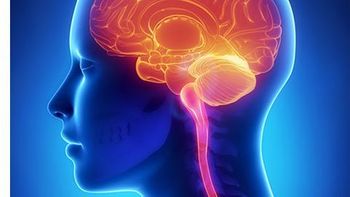
Differences in cortical thickness development correlates to cognitive differences and could be involved in increased risk for mental illness.

Jorge Soto, M.D., and Maureen Kohi, M.D., discuss how unconscious bias presents in radiology and the tools that providers can use to recognize and minimize the biases when they appear.

Rich Heller, M.D., with Radiology Partners, and Lucy Spalluto, M.D., with Vanderbilt University School of Medicine, discuss the highlights of their RSNA 2020 session on health disparities, focusing on the underlying factors and challenges radiologists face to providing greater access to care.
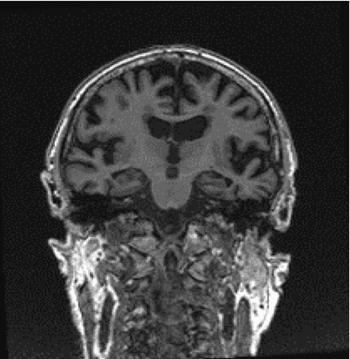
Novel deep learning model can provide needed information from multi-modal imaging even when some modalities are absent.

7T MRI and MR-Guided Focused Ultrasound present new clinical opportunities in the pipeline.
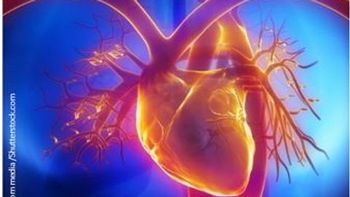
Whether a patient has a pulmonary embolism, a higher-than-normal D-dimer value can help identify patients for whom CTPA is most appropriate, alleviating some workload from emergency radiology.

Hologic’s Jennifer Meade, division president of breast and skeletal care, discusses the focus for breast imaging in the near future and some latest technologies.

Using deep learning analysis with abdominal CT scans provides a more accurate body composition measurement that can predict which patients will suffer major cardiovascular events within five years.

Conducting screening mammography on men with a genetic risk for breast cancer can increase early detection, but clinical guidance and recommendations remain inconsistent.

Using high-resolution micro-CT with bones exposed to fire could help forensic investigators determine the timing of murders.
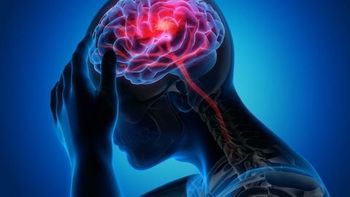
The mechanisms, magnitude, manifestations, and management of stroke during the pandemic.

Anastasia Hryhorczuk, M.D., assistant clinical professor of radiology at Michigan Medicine, discusses, during RSNA 2020, the challenges that face radiology with sexual harassment and some strategies to eliminate it.

Bright years are ahead for the industry, according to industry expert Bhavya Rehani, M.D., if focus is given to selfless service, education, technology and innovation, and engaging the global community.

Capturing the scan can reduce number of repeat surgeries and pinpoint additional cancers.
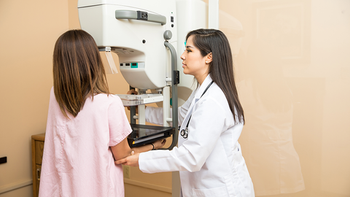
Implementing artificial intelligence tools with breast imaging can pinpoint overlooked interval cancers and decrease provider workload in screening mammography programs.
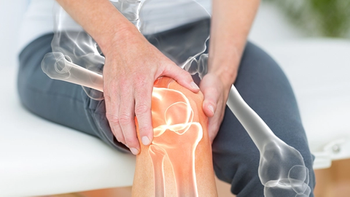
MRI shows injections can both accelerate healing time and improve range of motion.

What’s critical, and what radiologists can do.

Radiologists have the opportunity to identify women suffering intimate partner violence by detecting a specific type of forearm fracture.
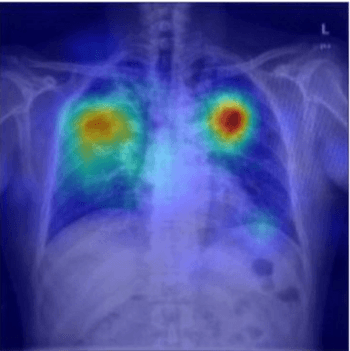
Applying a deep-learning model to a photograph of a chest X-ray can help providers in resource-poor areas diagnose the disease.

A model that uses biomarkers pulled from a woman’s mammogram does produce a more accurate breast cancer risk assessment.

CT scans reveal impaired lung function in individuals who use biomass, such as wood or wildfires, to cook.

Brain MRI scans reveal that anxiety is independently associated with a faster progression from mild cognitive impairment to Alzheimer’s disease.

Images reveal that adolescents experienced a loss in volumetric bone mineral density after sleeve gastrectomy and extreme weight loss.
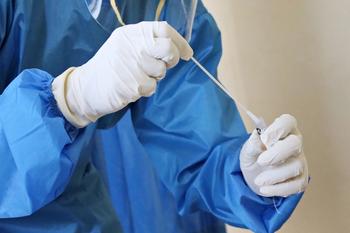
Swabs created with a 3D printer produce virtually identical diagnostic results, effectively addressing the shortage of nasopharyngeal swabs.
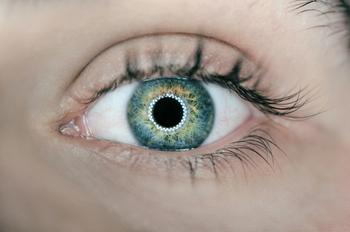
Basic photographs paired with AI technique can pick up on retinal changes that are early signs of the progressive central nervous system disorder.

Approximately half of all patients who experience stroke, brain bleeds, or blocked blood vessels, identified on MRI or head CT in this study, had high blood pressure or type 2 diabetes.